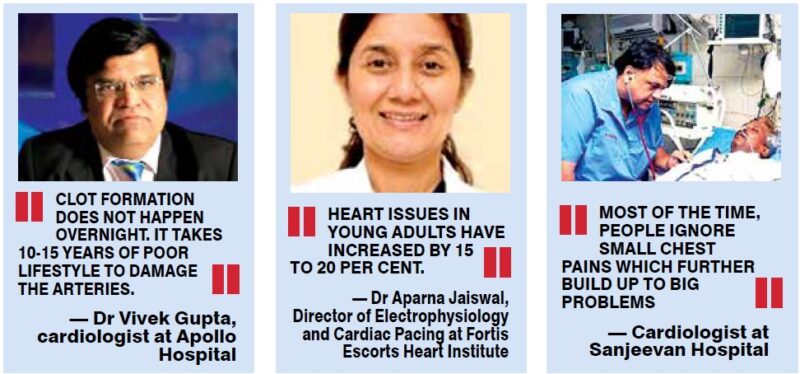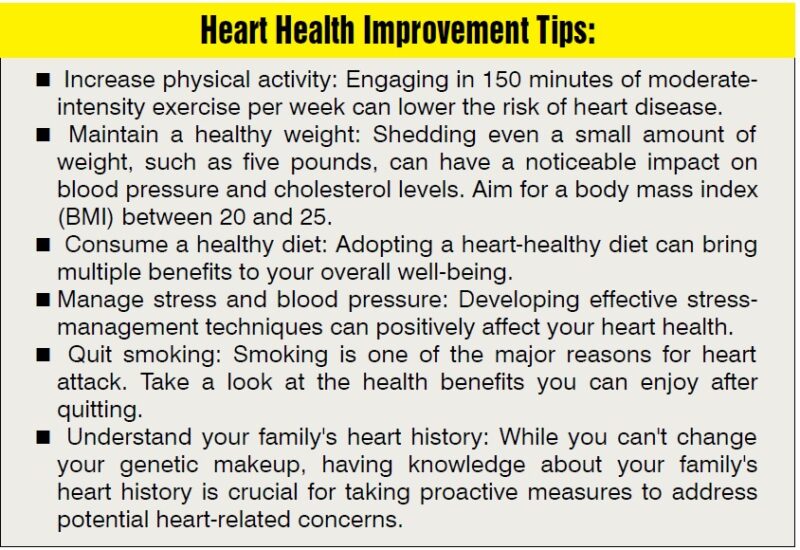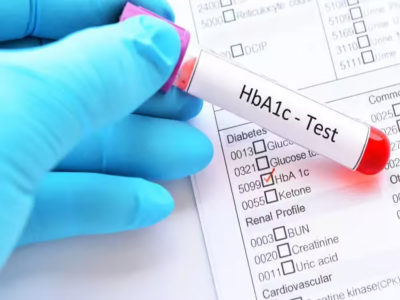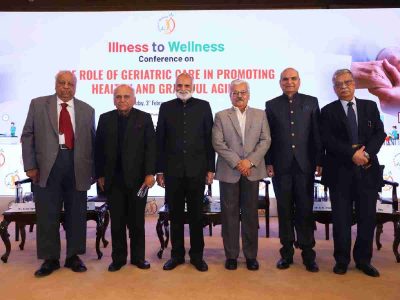There have been several instances of young individuals experiencing heart problems in recent years.
Last week, 15-year-old Rohit Singh from Jalpura village, Greater Noida, collapsed while playing in the field of an upper primary school. Although the cause of his death is still unknown as final medical reports are yet to come, it is suspected that he died of heart attack.
“Rohit got unconscious while playing in school on Monday (May 15). We squeezed his hands and feet for a while and gave him water, but the boy did not wake up. We took him to a private hospital nearby after informing his relatives. But the physicians declaired him dead,” said one of his teachers on condition of anonymity.
Rohit’s death due to heart attack won’t be surprising. Several actors and celebrities like Sidharth Shukla, Nitesh Pandey, KK, Siddhaanth Vir Surryavanshi and Kannada superstar Puneeth Rajkumar have died recently at a relatively young age.
According to another recent report, a 16-year-old boy in Telangana is suspected to have also died of heart attack.
Reasons for heart attack
Dr Vivek Gupta, a cardiologist at Apollo Hospital said that various heart-related problems can result in death, such as excessive heartbeats or chronic anaemia, which could lead to left ventricular hypertrophy and ultimately the death of cardiac cells.
According to Dr Gupta, there has been a significant increase in cases of heart failure among young individuals. Previously, heart attacks were more commonly seen in individuals aged 40 to 45. A 40-year-old person’s heart was considered relatively young. However, the situation has changed dramatically, particularly in Asia.
Dr Gupta highlighted the alarming fact that they have performed angiography on a 21-year-old patient. Nobody desires a heart attack, especially at the age of 30, but unfortunately, the current circumstances reflect this reality. Efforts are being made to discover solutions to address this issue.
Dr Gupta further adds, “There are multiple reasons for it like sedentary lifestyle, excessive intake of junk food, smoking, alcohol consumption, lack of exercise, rising stress levels, diabetes and others.
“However, what patients don’t realise is that the reason behind heart attack is the formation of clot in the arteries that blocks blood circulation and causes the heart to stop. Clot formation doesn’t happen overnight. It takes 10-15 years of poor lifestyle to damage the arteries. The scientific term for it is Atherosclerosis, sometimes called hardening of the arteries.”

Building of plaques
It occurs when fat, cholesterol and other substances build up in the walls of arteries. These deposits are called plaques. Over time, these plaques can narrow or completely block the arteries and cause problems throughout the body.
Dr Gupta points out, “Covid virus has emerged as a significant contributing factor. Over the past four years, approximately 350 million people have contracted Covid, which has weakened the immune system of millions. In numerous cases, Covid has exacerbated cardiac conditions by causing blockages of 10% to 20% in the arteries. Many individuals have experienced heart attacks three to four weeks after recovering from Covid. Although the number of Covid cases is decreasing steadily, there are still instances of the virus affecting people’s health.”
Hence, a mere few months of exercise or following a balanced diet cannot hide the true state of a heart. Presently, people are not leading balanced and healthy lifestyles, which is having negative consequences, especially for younger generations, he believes.
Dr Gupta emphasises the importance of incorporating good habits in daily life.
“It is vital to eat nutritious meals and engage in physical activity, which can include simple things like going for a walk or running for 20 minutes, rather than relying solely on gym workouts.”
Dr Aparna Jaiswal, Director of Electrophysiology and Cardiac Pacing at the Fortis Escorts Heart Institute, New Delhi, adds, “Heart issues in young adults have increased by 15 to 20 per cent. However, heart attack is not the only problem. There are genetic abnormalities in the family which get passed on and both reasons are on the rise in recent years. Also, people are not taking care of themselves well. All of these combined have become a perfect playground for the increasing number of heart issues in this generation.”
Asked about the cause of increase in cardiac arrest incidents, particularly in the gym, Dr Aparna responds, “Overexertion may be the main cause of these incidents, and a growing pattern that I’ve seen is the growing culture of supplements and whey proteins, which can be very harmful to overall health. They are strongly unadvisable or should be taken only when prescribed by a medical specialist.”
Additionally, she mentions the need for awareness across all age groups. Many individuals, especially young ones, mistakenly think that heart attacks cannot happen to them. Anyone who doesn’t follow the guidelines for a healthy heart is vulnerable to this condition, especially in the modern world when everyone is prone to health problems and we need to take proper precautions to maintain total wellness.
Dr Prem Aggarwal, cardiologist at Sanjeevan Hospital, Daryaganj, says that he gets almost one case every month of a young adult suffering from heart problems due to smoking, high cholesterol, and psychosocial stress.
“Another important factor is negligence. Most of the time people ignore small chest pains which further build up to big problems.”

He adds that wrong or excessive exercise are also reasons for the current situation and if someone already has health issues, he should be careful while exercising.
Regarding the severe heat experienced in Delhi, particularly during May, which places strain on the cardiovascular system and increases workload on the heart, it is crucial to prioritise hydration. In the extreme heat conditions of Delhi during these months, heart failure, irregular heartbeats, and heart attacks are more prone to occur.





